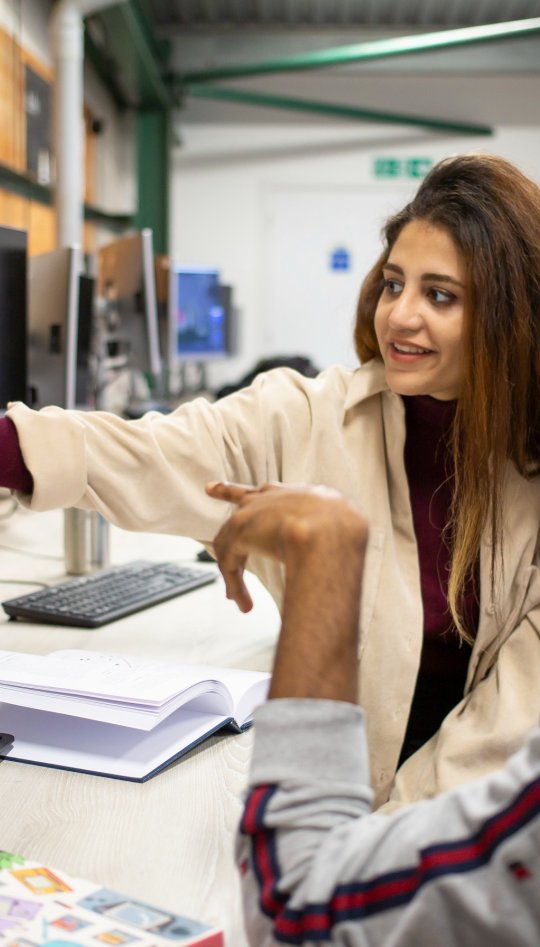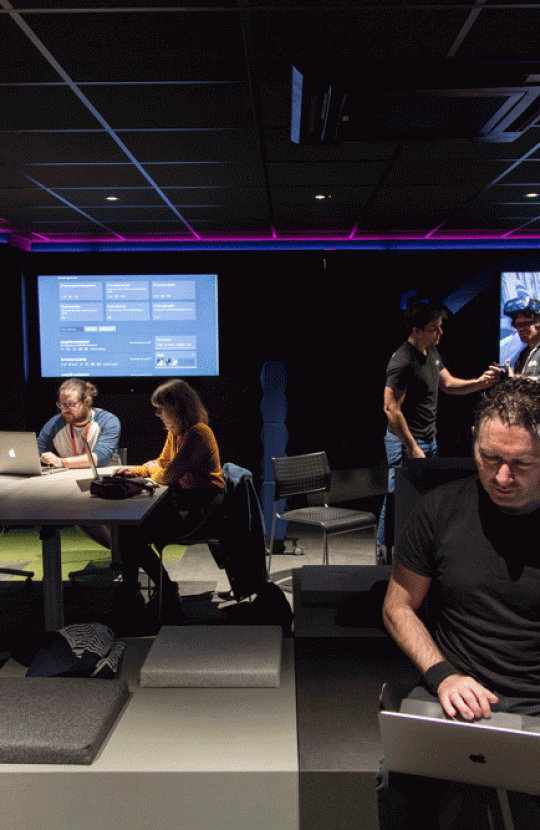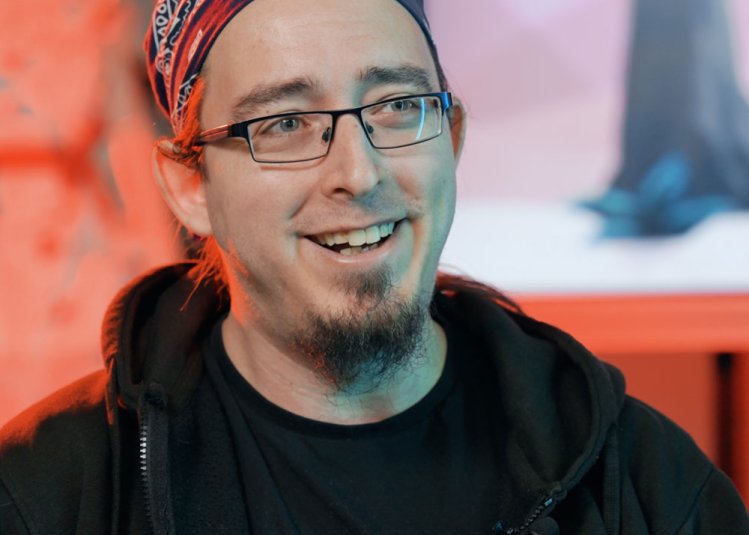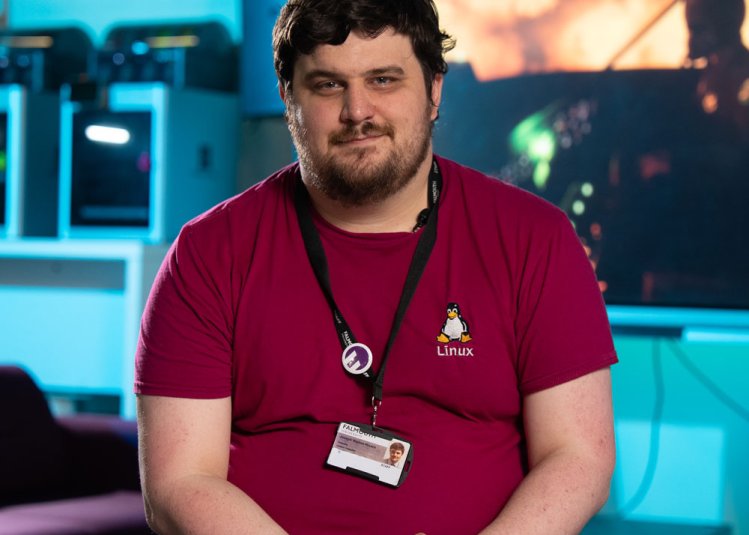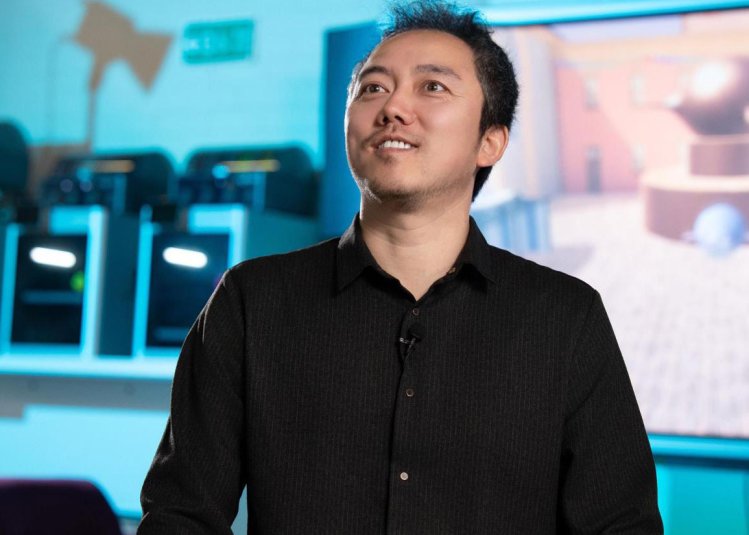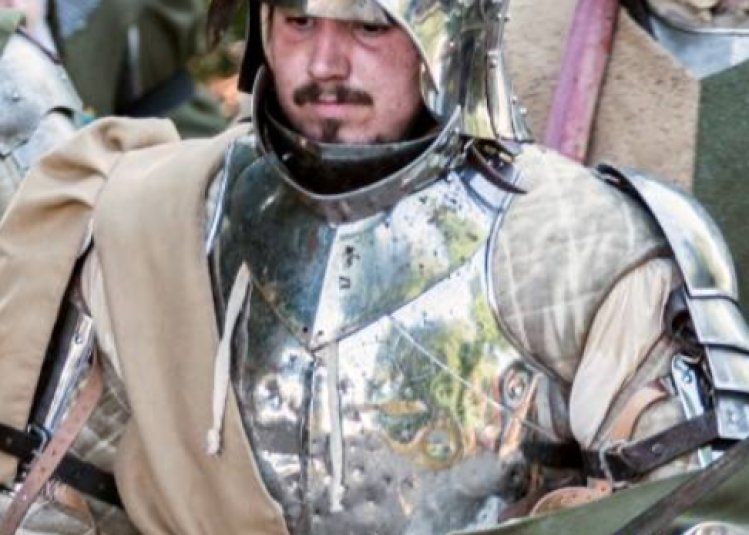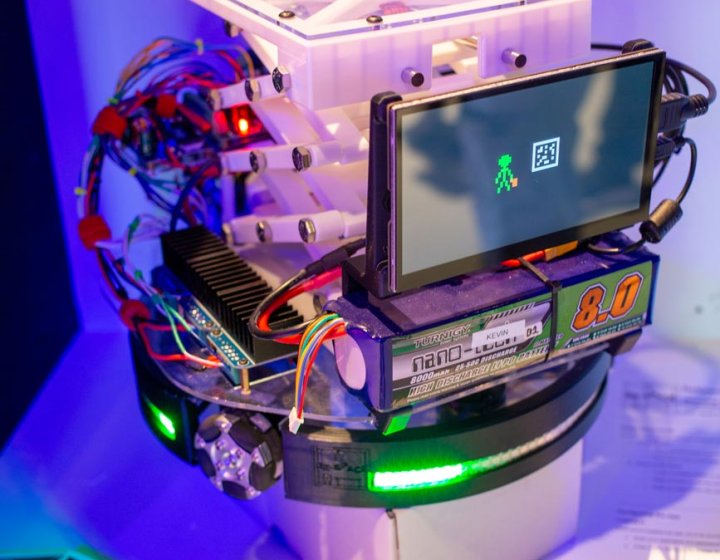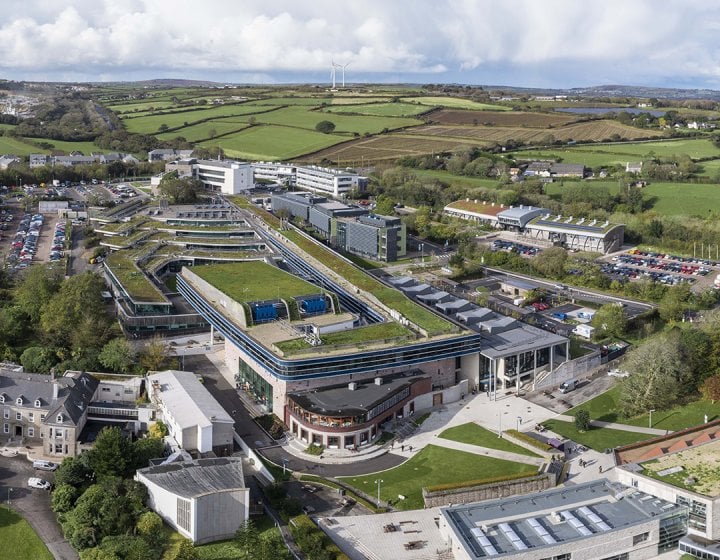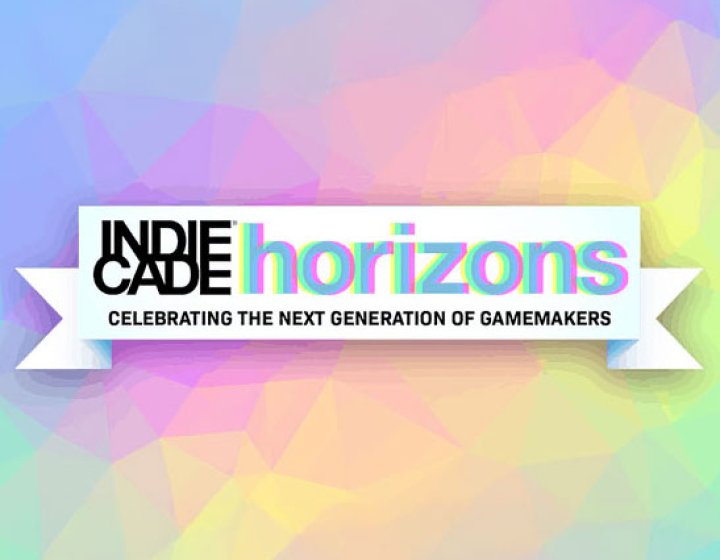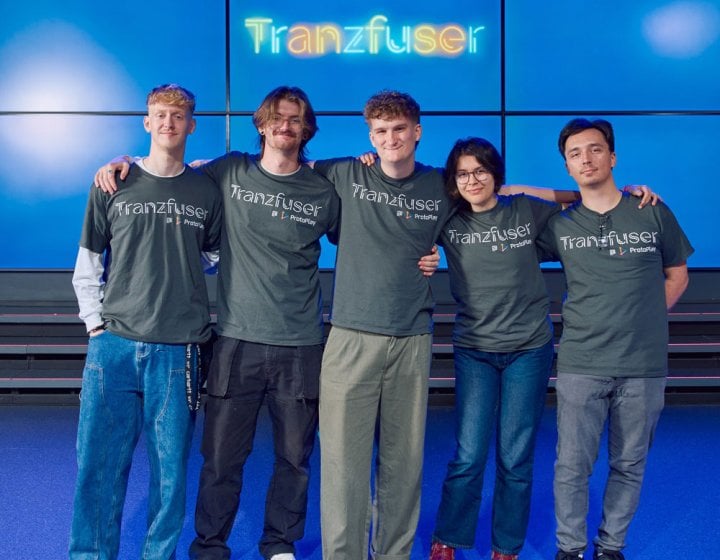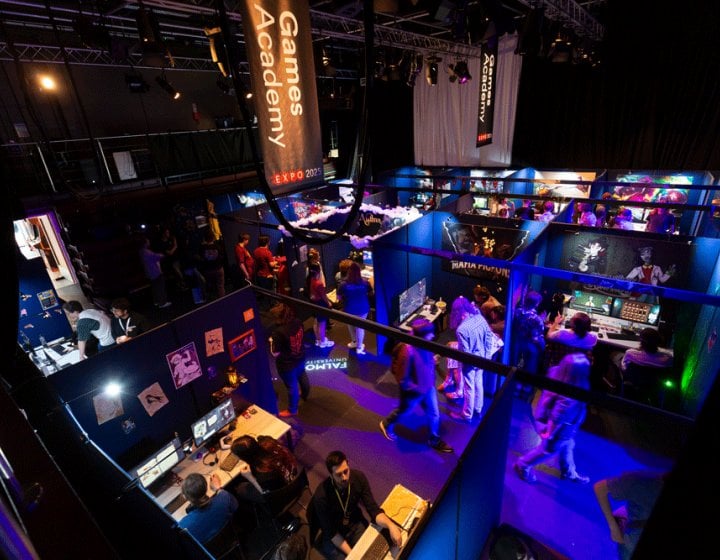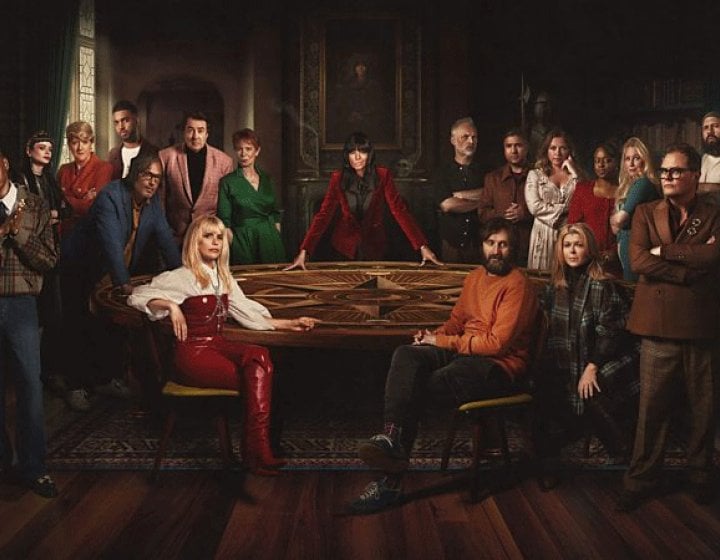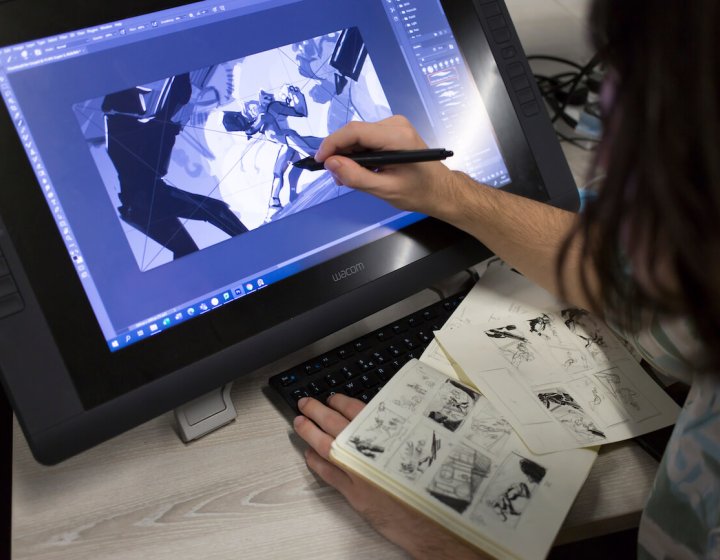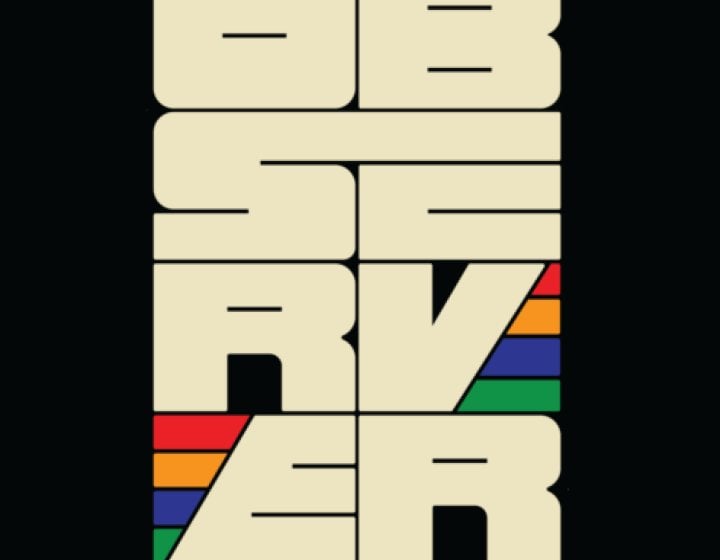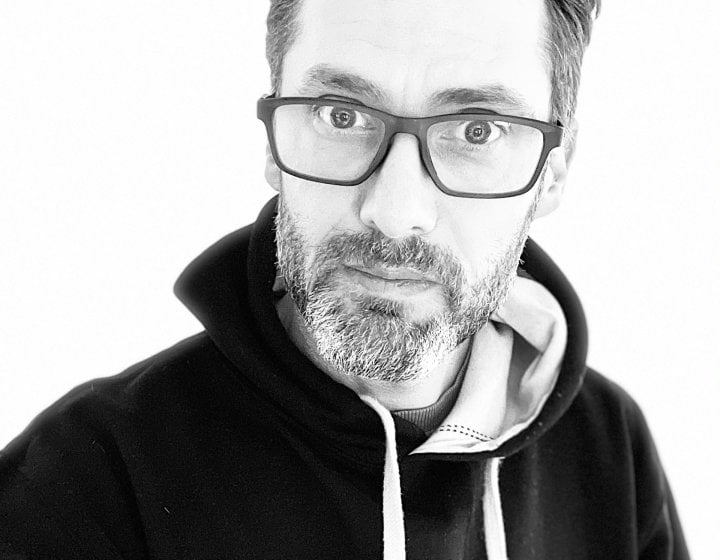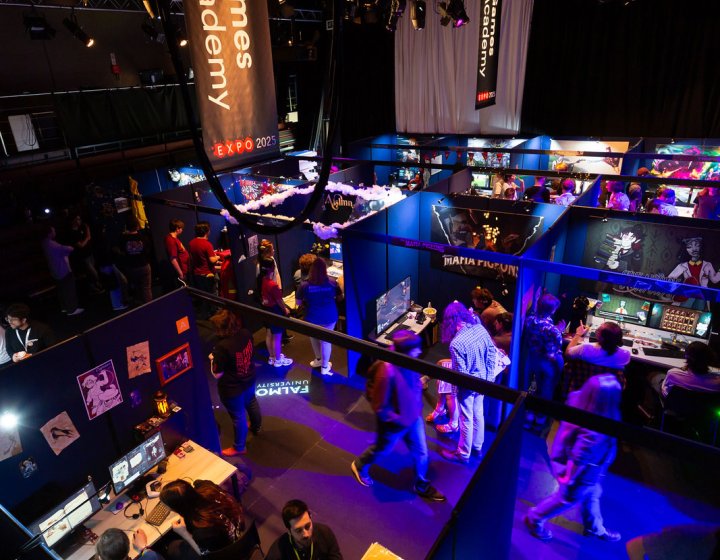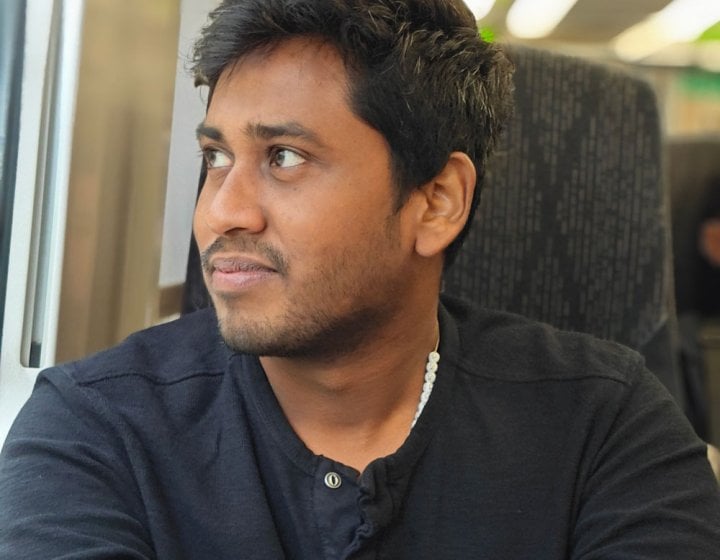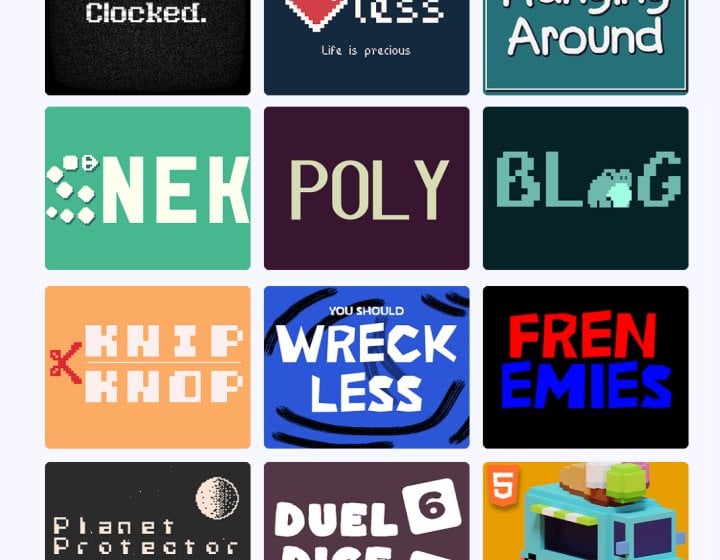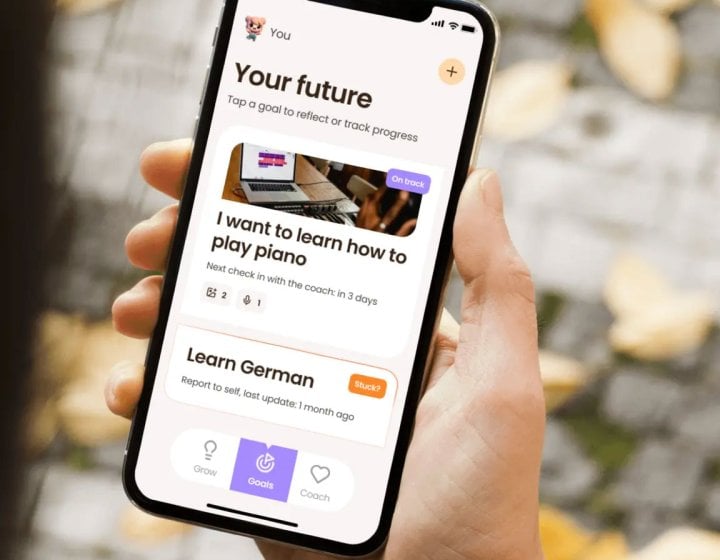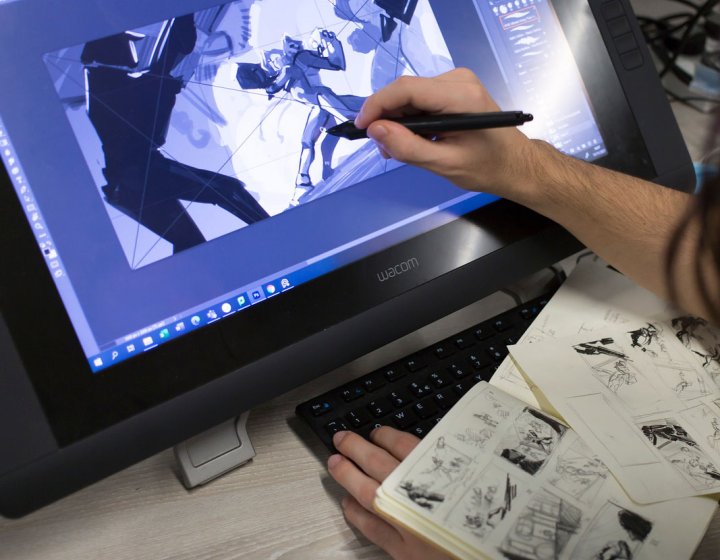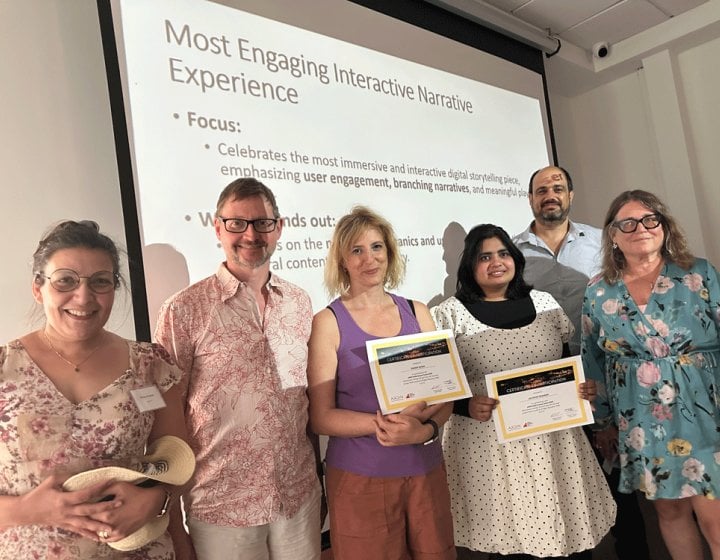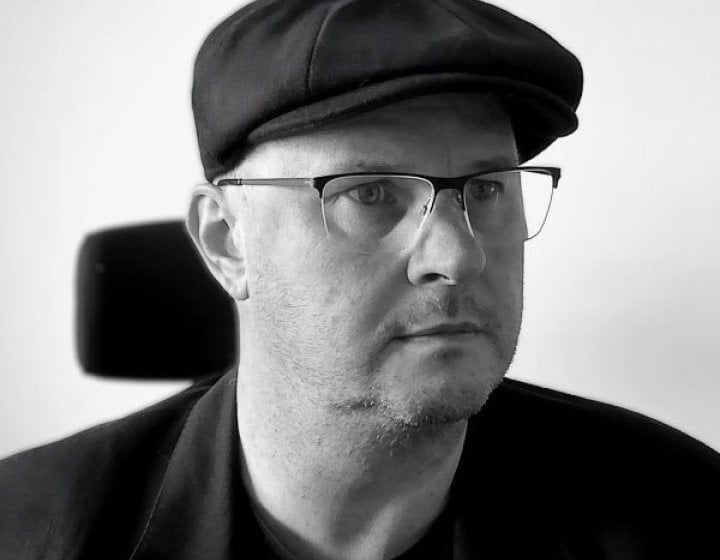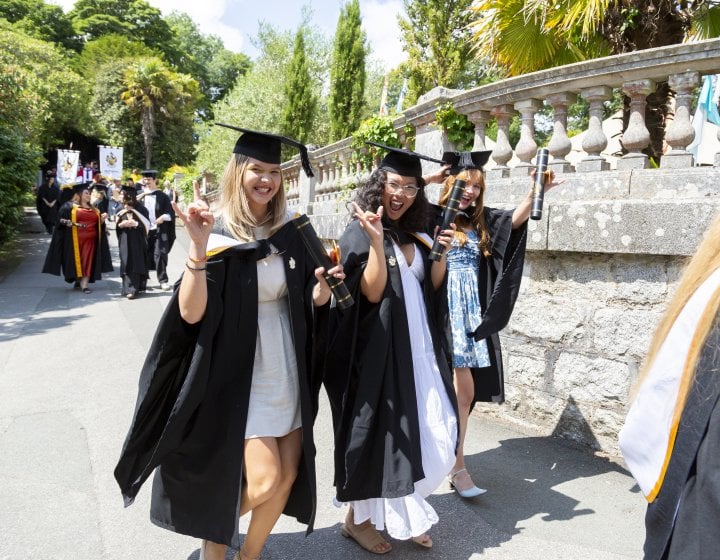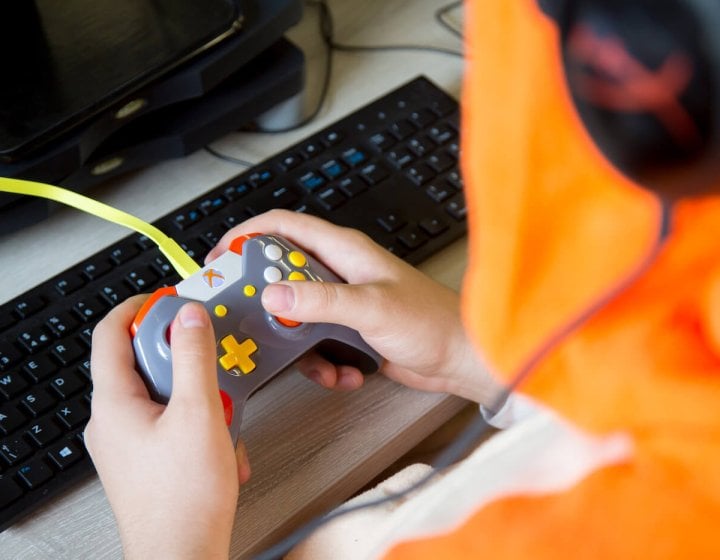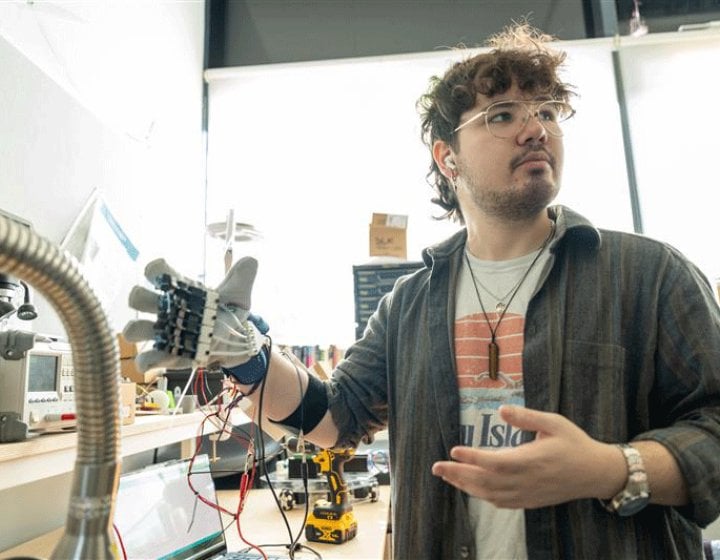Course overview
Artificial Intelligence BSc(Hons) is new for entry year 2026.
Artificial intelligence is transforming every corner of our world: from self-driving cars to grids that balance the planet’s energy. Intelligent interfaces and generative tools are redefining how we think, create and connect.
On this Artificial Intelligence BSc degree, you'll learn to design, train and deploy AI models that understand complex data, to help solve global challenges. You’ll work collaboratively with interdisciplinary teams to solve computational problems, that inspire new ideas about the future of technology. You'll also study the infrastructures that support these systems, from APIs and software pipelines to the security and ethical frameworks that keep them safe and trustworthy for the global public.
With a focus on in-demand industry skills, you will gain hands-on experience with open-source technologies, cloud platforms and real-world data applications, while developing the technical, conceptual and critical skills needed to create intelligent systems that learn from - and collaborate with - their users.
Collaborating across disciplines, you’ll become a creative and ethically-informed technologist, with skills across intelligent, co-creative applications that respond to real needs. You’ll graduate ready to take a role in the fast-evolving world of AI as a developer, researcher, data scientist or creative technologist.
Why study this course at Falmouth?
- Technical: Master the building blocks of artificial intelligence from algorithms and data science to machine learning, neural networks, computer vision and natural language processing.
- Analytical: Harness computational thinking and advanced statistics to design, train and optimise models that solve complex, real-world challenges.
- Trailblazing: Push boundaries with generative AI, robotics and autonomous systems that redefine how humans and machines collaborate.
- Responsible: Tackle the ethical, social and environmental dimensions of AI to create technologies that are transparent, fair and sustainable.
- Experimental: Build, test, and iterate in studio environments where ideas evolve through hands-on coding, rapid prototyping and bold exploration.
- Collaborative: Team up with innovators across the computing and design disciplines to explore human-centred AI.
- Connected: Engage with researchers and industry experts pioneering real-world AI applications in a fast-moving global landscape.
- Professional: Step into the future as a skilled developer, researcher or data scientist, ready to shape intelligent systems that matter.
Our approach to applied artificial intelligence
At Falmouth University, we see applied AI as both a science and a craft. You’ll explore how computers learn, reason and create, and how to shape these systems with imagination and care.
Working alongside artists, designers, and storytellers, you’ll experiment with neural networks, generative tools, and intelligent systems that bring ideas to life across games, film and digital experiences.
Rooted in Falmouth’s creative heritage, our approach blends technical skill with critical reflection, social responsibility and curiosity. You’ll learn not just what AI can do, but what it should do: designing technologies that are transparent, fair and sustainable.
Here, artificial intelligence is an act of creative exploration: building systems that think, adapt and support human potential. From training models to crafting generative tools, you’ll help shape intelligent technologies that are not only powerful, but purposeful.
Similar courses
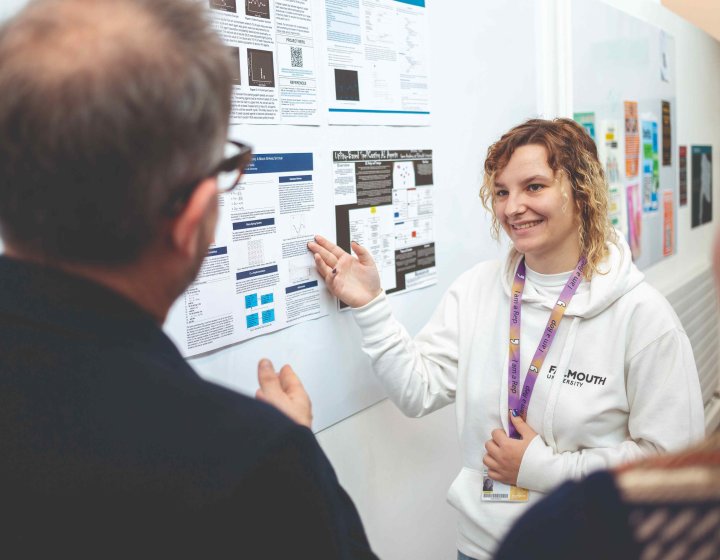
Computer Science BSc(Hons)
New immersive realities, data-rich interactions, automations and ever-more ubiquitous systems are sh...
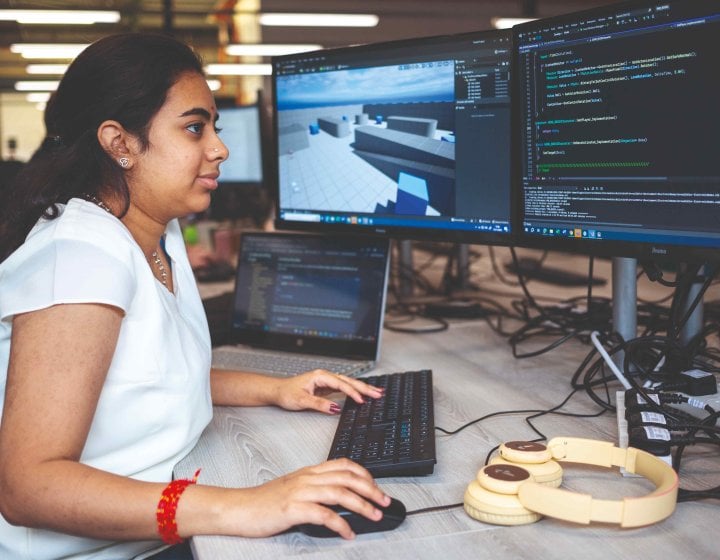
Computing for Games BSc(Hons)
Learn how to shape the games of the future by studying game development through the lens of computer...
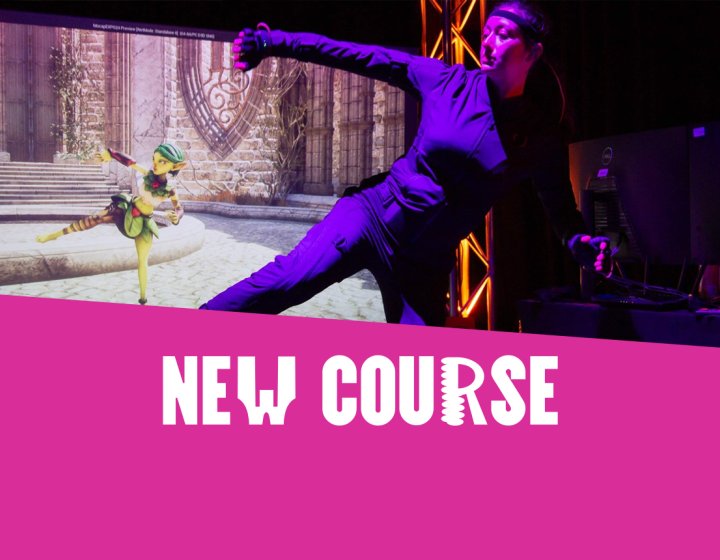
Creative Computing BSc(Hons)/BA(Hons)
Work across creative disciplines to explore creative coding, interactive systems, digital storytelli...
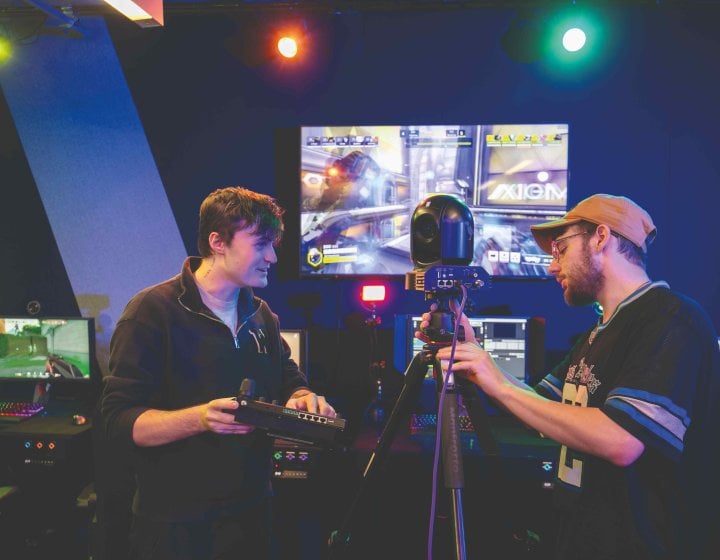
Esports & Livestreaming BA(Hons)
Immerse yourself in Esports culture on this degree, which offers a unique opportunity to be at the f...
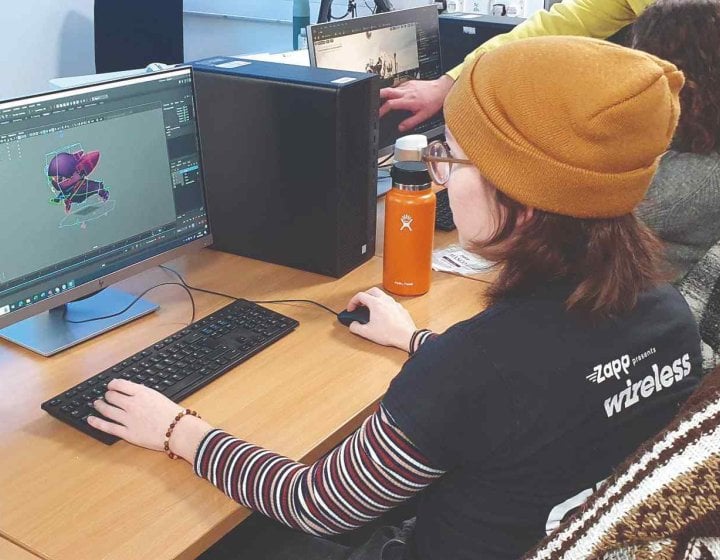
Game Animation BA(Hons)
Gain experience of working to a real-time animation pipeline and graduate with a rich portfolio of w...
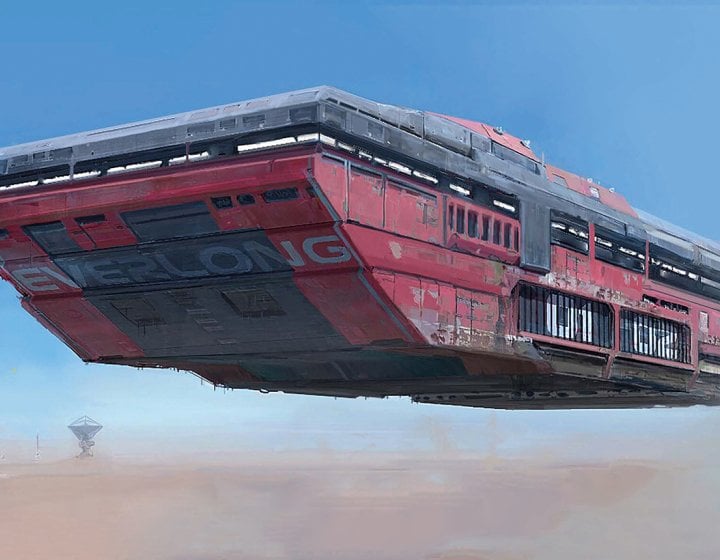
Game Art BA(Hons)
Work in multi-skilled collaborative teams and graduate as a confident, industry-ready game artist. ...
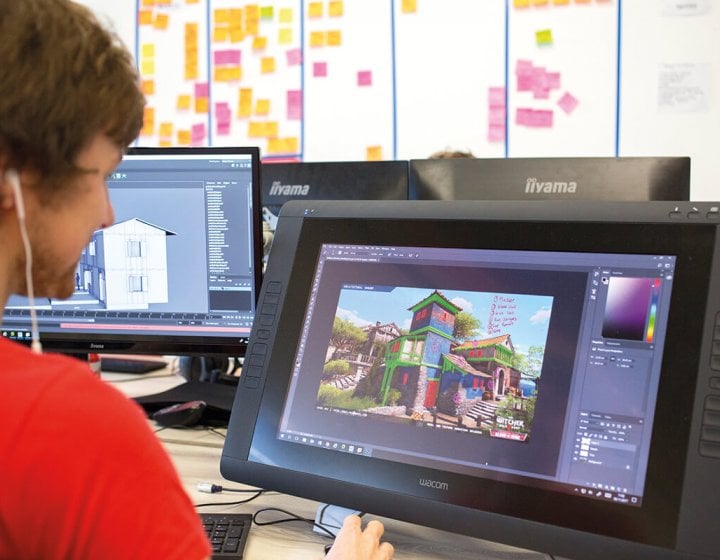
Game Development BA(Hons)
Join a community of people who have a passion for games. From day one, you’ll work as you would wi...
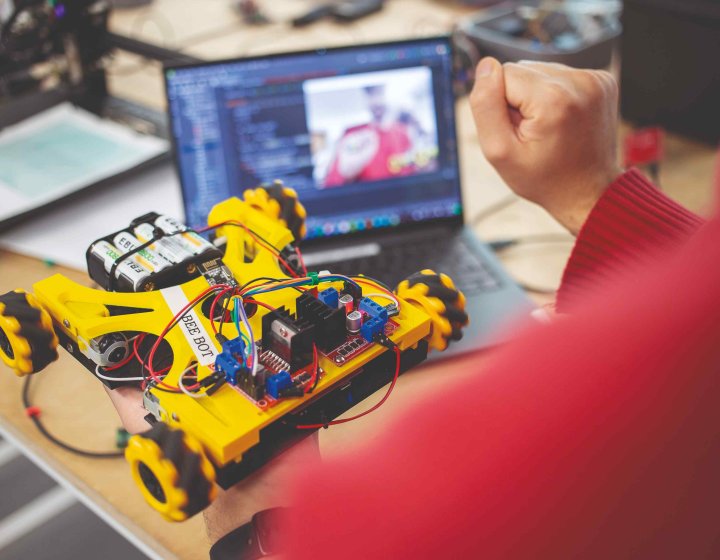
Robotics BSc(Hons)
Explore the world of artificial intelligence and create interactive robots that respond to the chall...
